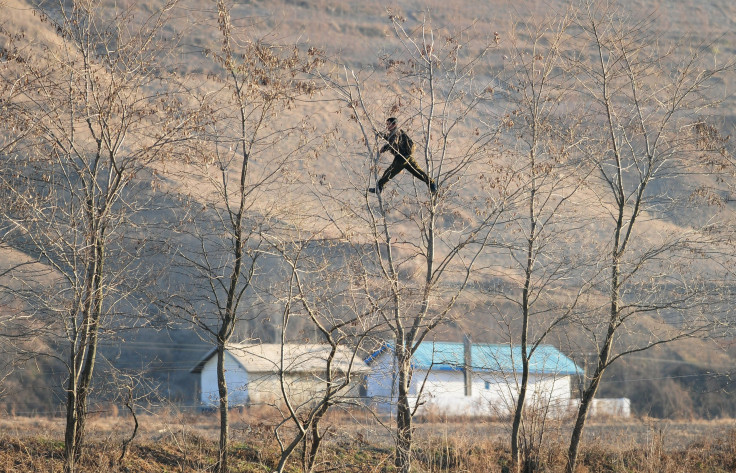Decision-Making Is More Stressful When You're Uncertain, But It Can Also Lead To Better Performance

Most of us, most of the time, make important decisions under imperfect conditions. It’s natural to feel anxious when faced with a difficult choice, and new research shows our doubt about a potential negative outcome causes stress which helps us make better judgments.
University College London researchers who explored how uncertainty affects making choices found that study participants were less stressed when they believed no pain or certain pain would come from a decision compared to when they were unsure about what the result of their choice might be. In fact, whenever they believed their chances of experiencing pain ran roughly 50-50, participants felt significantly more anxiety than at all other times — even times they knew pain was inevitable.
So where’s the upside? Sensitive participants, those whose stress levels spiked the most whenever conditions were uncertain, proved themselves best at predicting outcomes.
“There [might be] something about their amplified stress responses in uncertain situations that leads to better performance,” Archy de Berker, lead author of the study, told Medical Daily.
A number of past studies have looked at decision-making and how our choices are influenced by the doubts we feel. “'Uncertainty’ is not comprised of a single dimension,” said the co-authors of a 2012 study of the matter. Believing instead that more than one kind of doubt exists, they argue that there are in fact three types of decision-making insecurity: expected uncertainty (about the outcome of a choice), unexpected uncertainty, and volatility (or prolonged unexpected uncertainty).
For example, the summer weather in Maine could be said to be an expected uncertainty; it might rain, it might not. If a snowstorm occurs in July, this would count as an unexpected uncertainty. If a hailstorm followed the snowstorm with intermittent days of rain for the next two months, this would represent volatility. Even more, early neuroscientific evidence suggests these different forms of uncertainty require different brain cells and cognitive processes to resolve them.
Learning to perform in stressful situations very likely depends on the type of insecurity we feel. For the current study, then, de Berker and his colleagues explored how we respond to uncertainty that fluctuates over time — volatility.
Rocks, Snakes, and Shocks
Forty-five study volunteers played a simple computer game where they turned over rocks to discover whether or not a snake might be lurking. Whenever a hidden snake appeared, participants received a painful electric shock. Participants then guessed which rocks had hidden snakes, and received electric shocks whether or not they guessed correctly. Researchers also asked participants to report their stress levels while turning over a rock and measured physiologic signs of stress, such as whether their pupils dilated or whether they perspired, while doing so.
As they played, the participants gradually learned which rocks more likely concealed snakes, yet the researchers added a twist by changing the odds over time. Additionally, by using a sophisticated computational model of learning, the researchers estimated each participant’s exact level of uncertainty preceding each and every rock.
Gauging participants’ uncertainty levels and stress levels before each and every decision, the researchers collected precise data about the decision-making process.
Turns out, it’s much worse not knowing you are going to get a shock than either knowing you definitely will or definitely won't. Not only did participants’ subjective reports of stress rise whenever they felt doubtful, but their pupils grew larger and they began to sweat as well.
“People who showed more of a subjective response to uncertainty also displayed a greater physiological sensitivity to uncertainty,” said de Berker. He added the study allowed him “to look at how learning about uncertain threat relates to stress, a question you can’t ask by comparing completely unpredictable to completely predictable threats.”
While most of us believe stress is counterproductive, this new research indicates the opposite may be true in that stress provides an impressive benefit. Participants who reacted the most sensitively— those who sweat the most whenever they felt unsure about their chances of receiving a painful shock — soon became the best judges of which rocks hid reptiles.
Source: de Berker AO, Rutledge RB, Mathys C, et al. Computations of uncertainty mediate acute stress responses in humans. Nature Communications. 2016.
Published by Medicaldaily.com



























